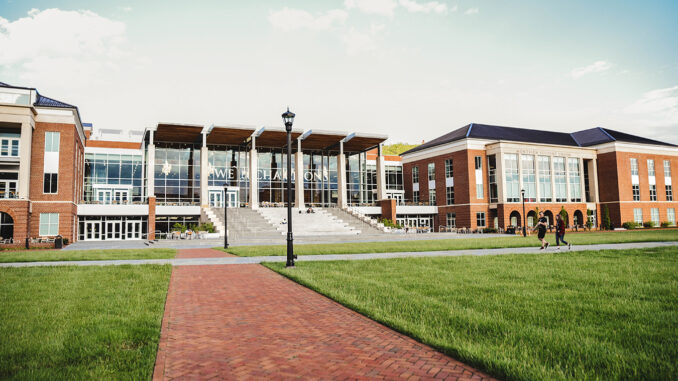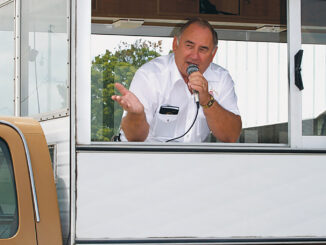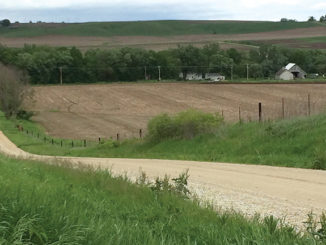
You’ve found the perfect home. But is it in the perfect neighborhood? In this article you’ll learn about signs to look for in determining whether the home you’ve fallen in love with is in a good neighborhood.
It’s Subjective
Some aspects of determining a good neighborhood are subjective. Every buyer has different needs and expectations. However, there are certain characteristics to a good neighborhood that remain constant.
Take the Time to Research
Buying a home is a huge investment for the average person. Yet, some folks buy a property before they have fully researched the neighborhood. If it’s a hot market and you’re concerned about losing out to other buyers, research the area in advance of house hunting. You can also pay for an option period to give you time to carefully inspect the home and the neighborhood. Your Realtor® can write this into the contract.
Judge a Book by Its Cover
Pride of ownership is a critical component of a good neighborhood. The age of the home is not important from this perspective. The landscaping doesn’t have to be fancy, but is it well kept? Do many of the homes look worn down or in need of repair?
Wealth of Information
There are several sources of information to help you determine if you are buying into a good neighborhood.
Schools
The number one quality of a good neighborhood is good schools. You personally may not have children, but the quality of schools will be critical if you decide to sell or rent the property in the future.
School Ratings
GreatSchools.org has detailed ratings for many schools across the country. Visit the school district’s website. They will post information about test scores, curriculum, teacher resumes, and much more. Drive by the schools. Are they as well-maintained as the neighborhood?
Social Media
Parents will sometimes have a Facebook page dedicated to a specific school or district. Join the group to see what they have to say. Let the group know you are thinking of buying in the neighborhood and ask for feedback on the schools. Also, your Realtor® may know homeowners you can query as well.
Crime
Good neighborhoods have low crime. Trulia.com offers a heat map of neighborhoods in the United States. The lightest color means low crime; the darkest color means high crime. You will be able to see the specific neighborhood you’re considering and the ones surrounding it. Trulia also provides a list of reported crimes by type in the last 365 days. If the area is listed on Neighborhoods.com, you can find out if crime has gone up or down in the last year.
Neighbors
A good neighborhood will turn bad fast with less-than-ideal neighbors. Drive around the neighborhood at different times. Are people hanging around during the week, during the day? This could indicate a neighborhood with high unemployment. Are bands of teens roving around at night? Good sources of information include NextDoor.com and Facebook pages dedicated to the neighborhood. Remember to check the National Sex Offender Registry (www.NSOPW.gov).
Shopping and Services
A good neighborhood has a vibrant shopping area and quality services – like medical facilities and fire departments. If you see a lot of empty storefronts, that can be a bad sign. Locate the nearest fire and police departments. They should look as attractive and well-kept as the neighborhoods they serve.
Good for You
A neighborhood may have all the signs of being good – but not good for you. It’s important to list out what you want in a neighborhood. Prioritize what’s important to you based on your lifestyle and values. For example, you may be willing to buy a fixer-upper to buy into a neighborhood with high-quality schools. Maybe a neighborhood cuts your commute in half and you’re willing to sacrifice aesthetics for quality of life. A good Realtor® can help you determine the pros and cons of buying a particular home.
It’s Personal
Buying your home is a critical life decision for most people. I believe in the unique, personal nature of real estate. I will carefully guide you through the process of buying your home – or any other real estate investment. Feel free to contact me anytime, whether it’s to get started on helping you realize your goals and dreams, or just to ask a question. I would welcome the opportunity to make a difference for you. Please email me at pthessen1@gmail.com or call 270-796-7550.
-by Perry Thessen




